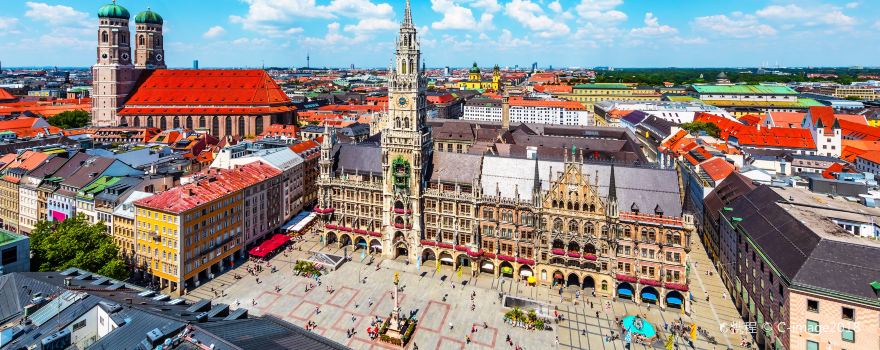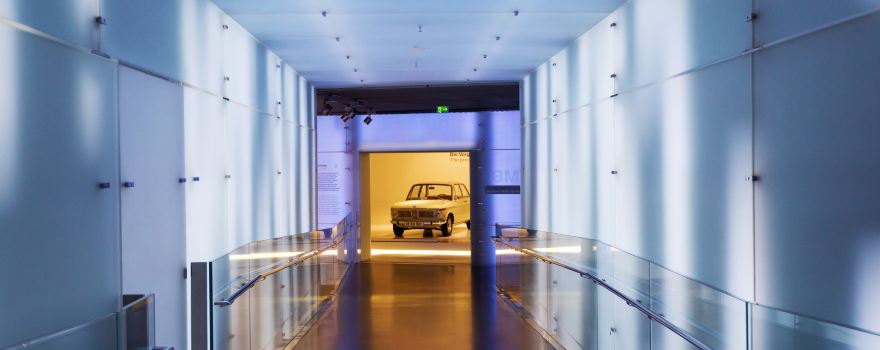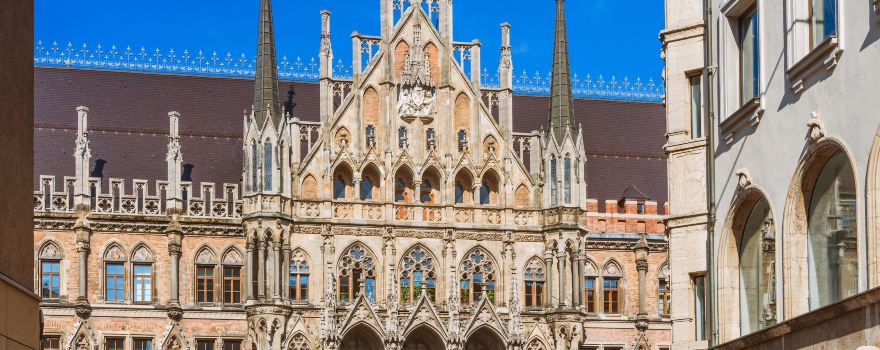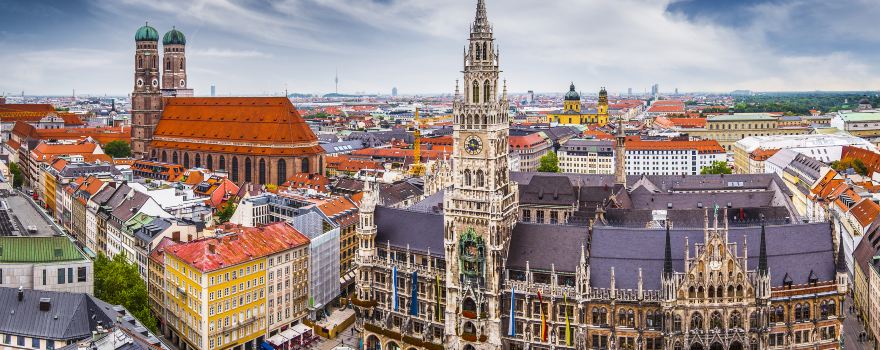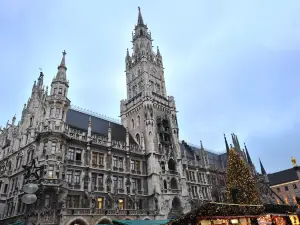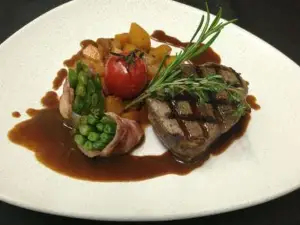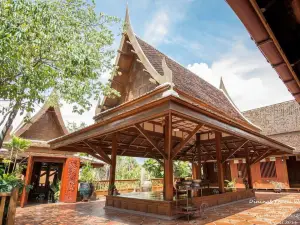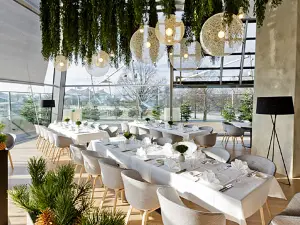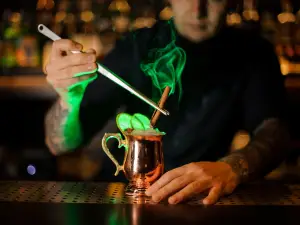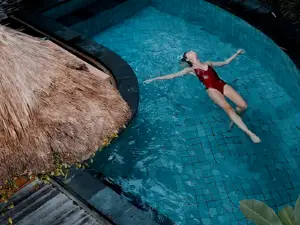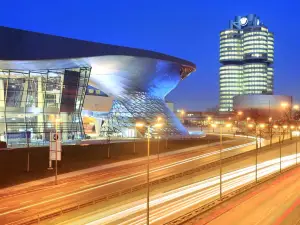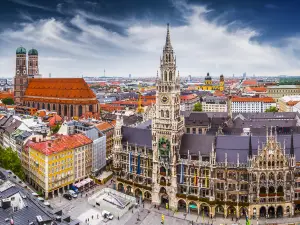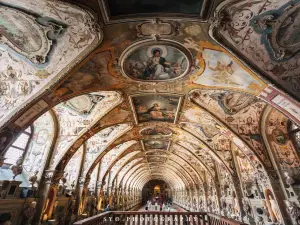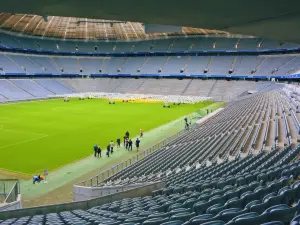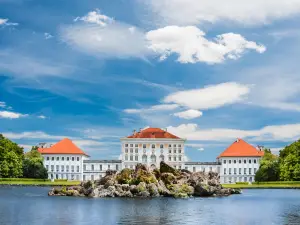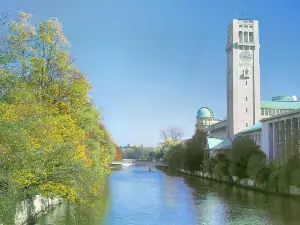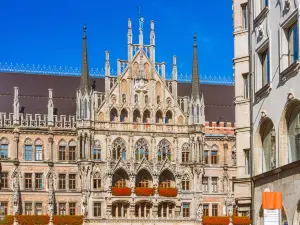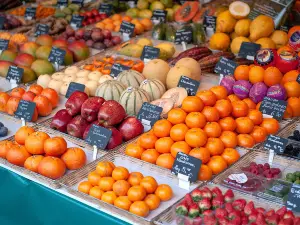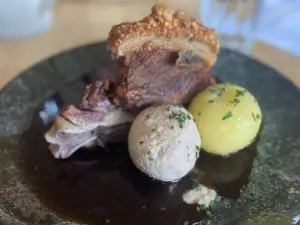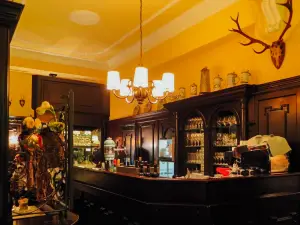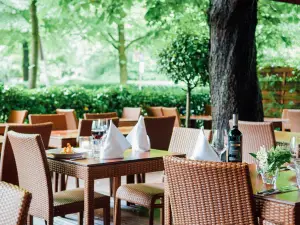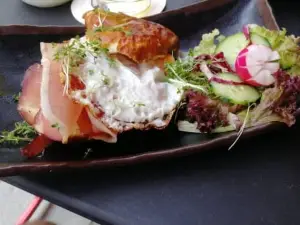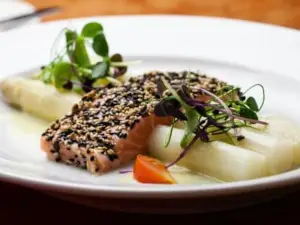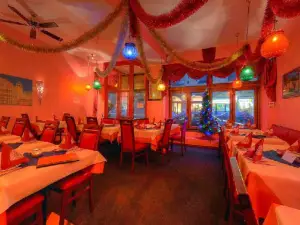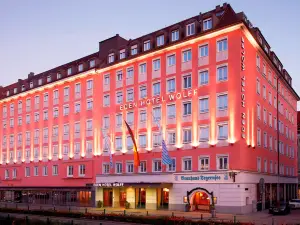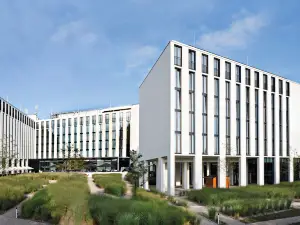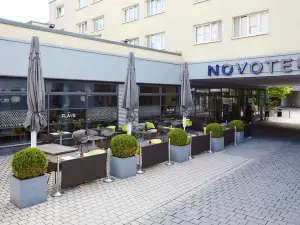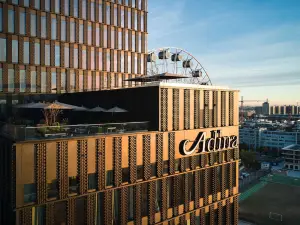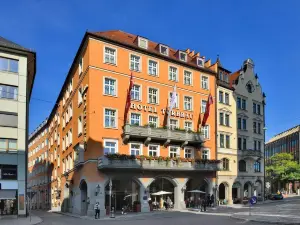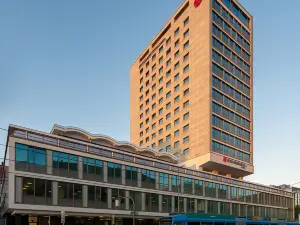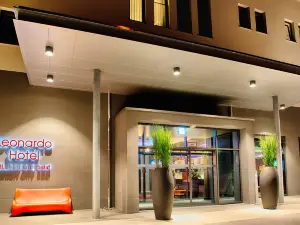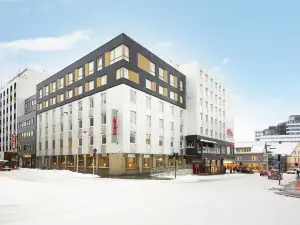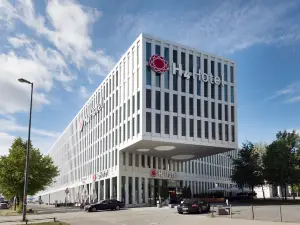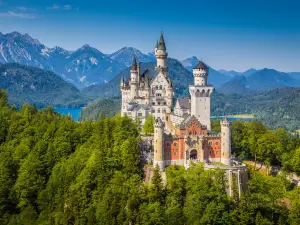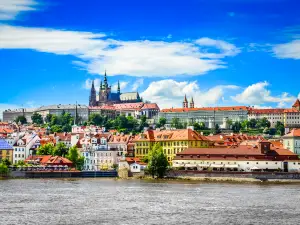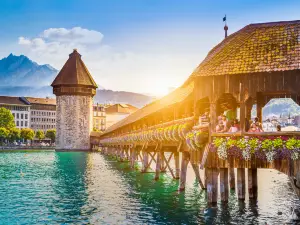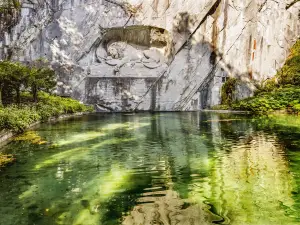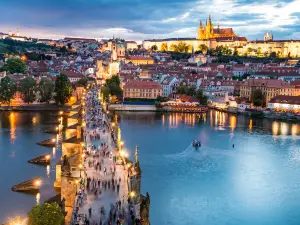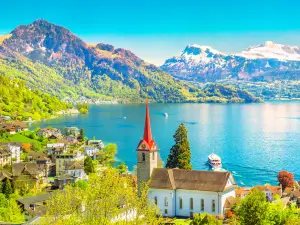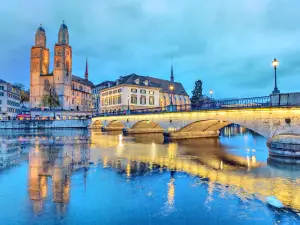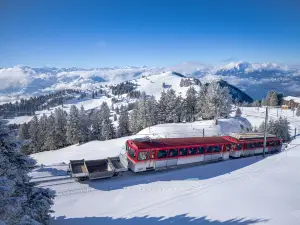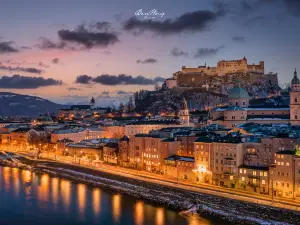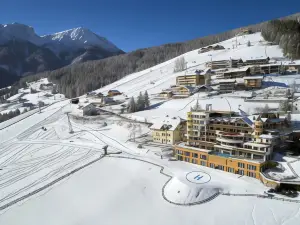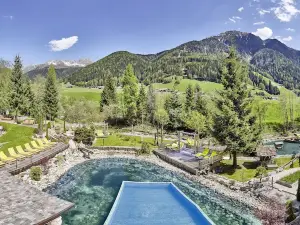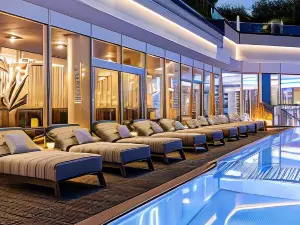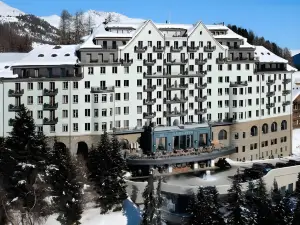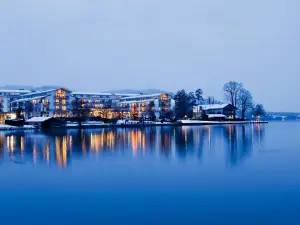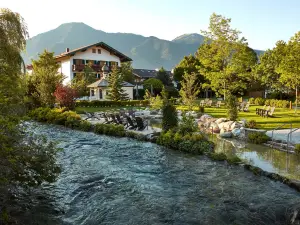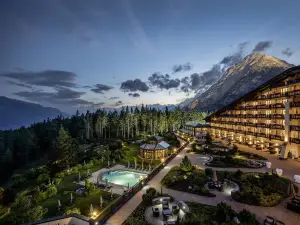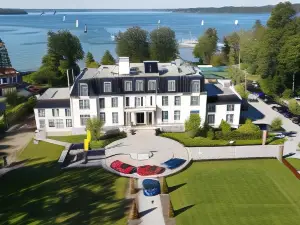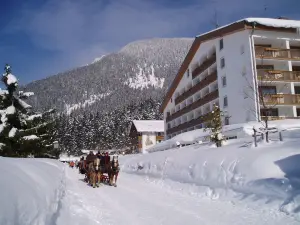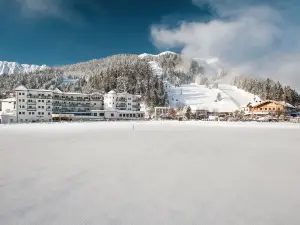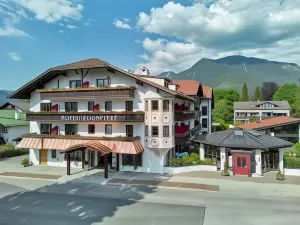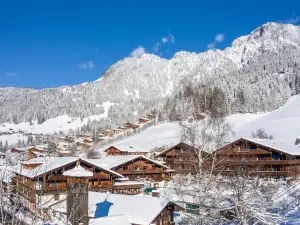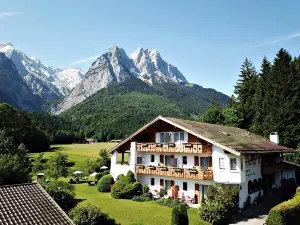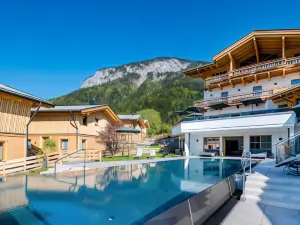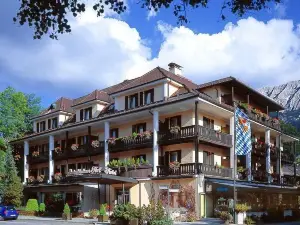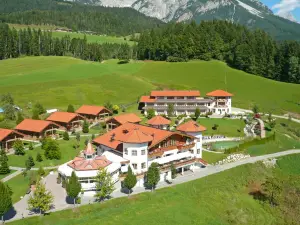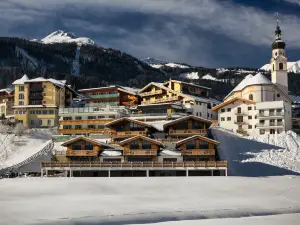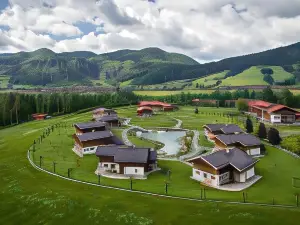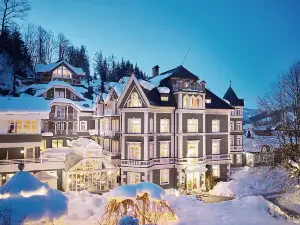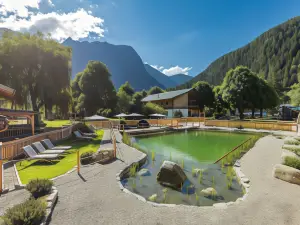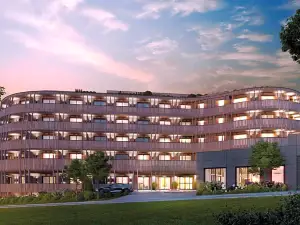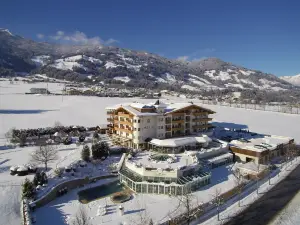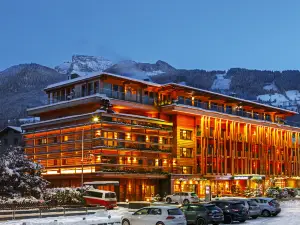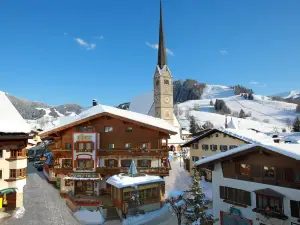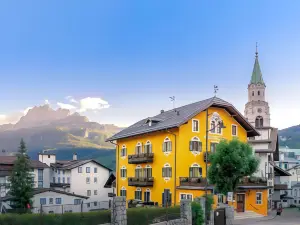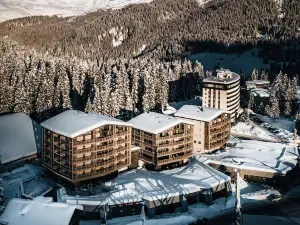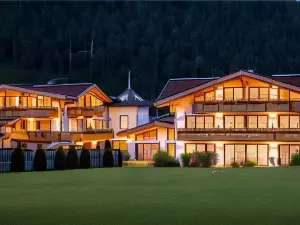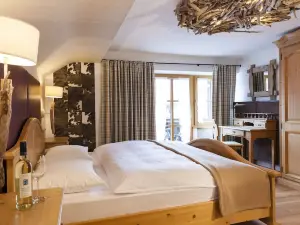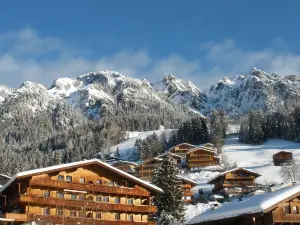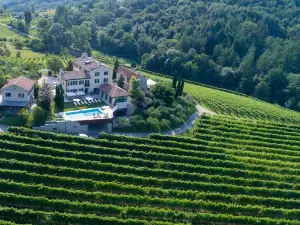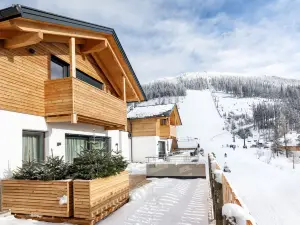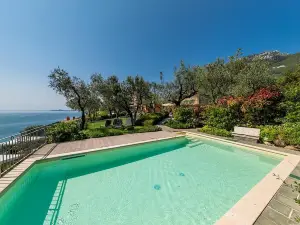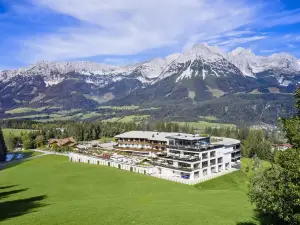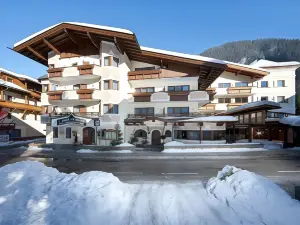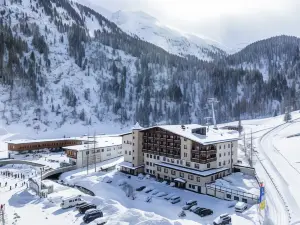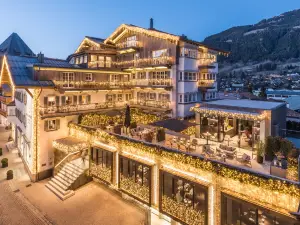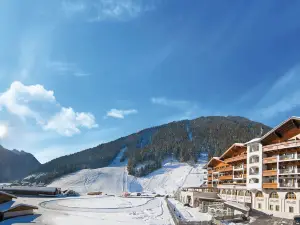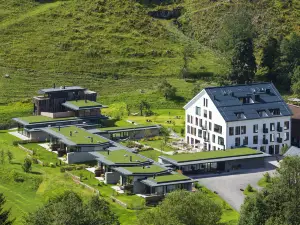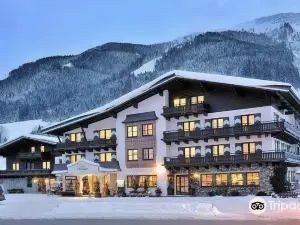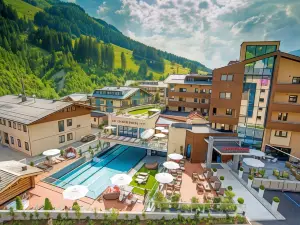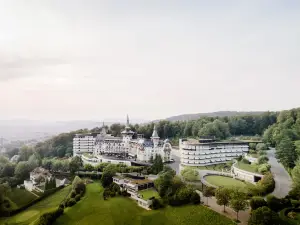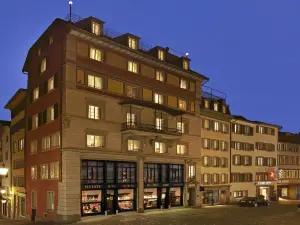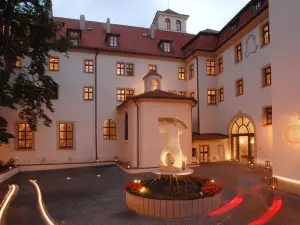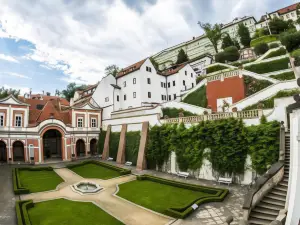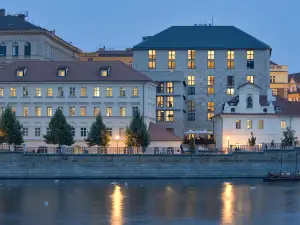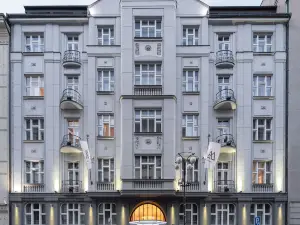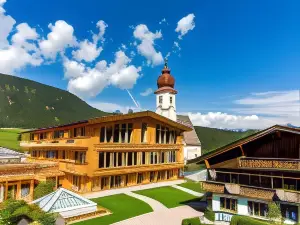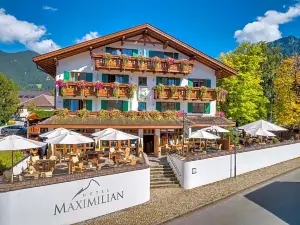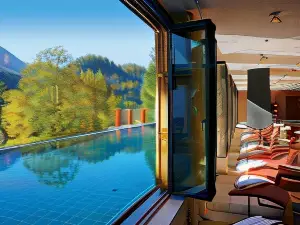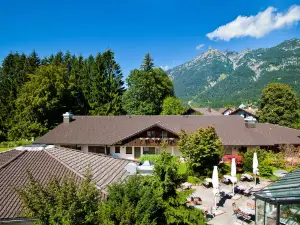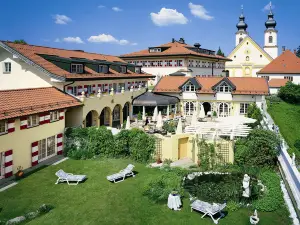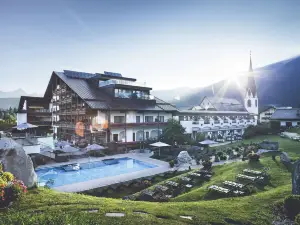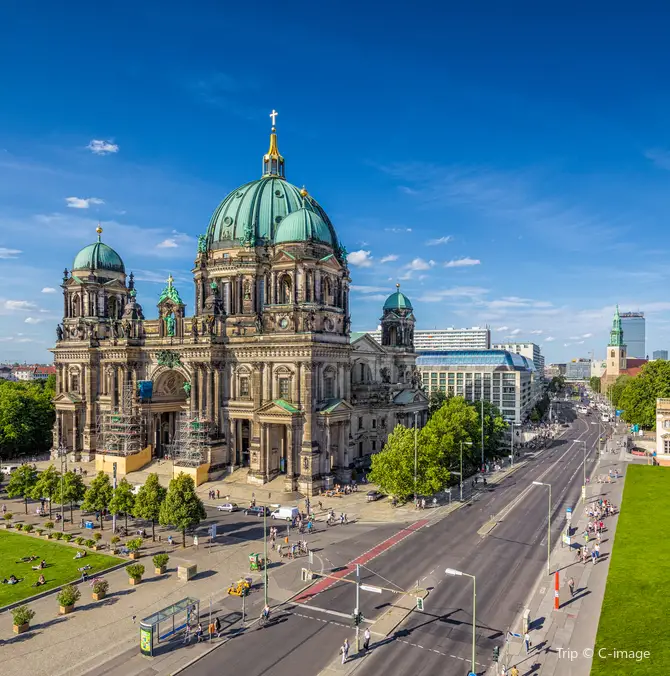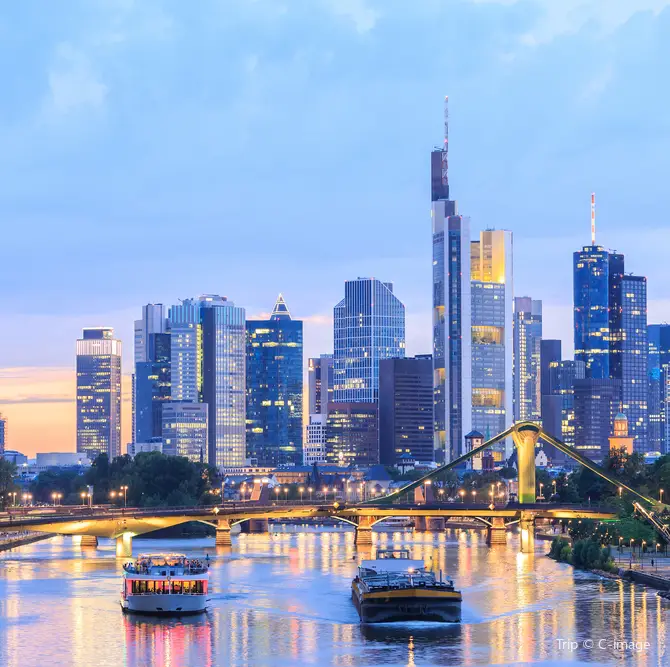Photos
Munich
View Local Experiences on Map
Trip.Best: Munich
View More
Things to do in Munich
What to Do
Looking for things to do in Munich? We provide up-to-date info on everything from must-see scenic spots to local hangouts.
View More
Where to Stay
Discover the most popular places to stay in Munich, complete with recommendations from fellow travelers and special hotel offers
View More
What to Eat
Want to eat like a local? Don't miss out on these top Munich dishes and foodie spots.
View More
Munich Moments: Through Travelers' Eyes
Post
#Recommended
#munich
#germany
#mytripvlog

建築と文化
Munich Residenz
ぼの

munich
Amazing sites to visit in Munich
King Raph
15

oktoberfest
Oktoberfest in Munich 🍻🇩🇪 A lifetime experience
Carol Go
1

trip
Trip to Munich 🇩🇪
Arrow_
5

🇩🇪 Munich is undoubtedly an underestimated treasure trove of a tourist city.
Joyerh

oktoberfest
Munich Oktoberfest 🍻
LexusLC500
8

교회
Travel to Munich, Germany (Munich Old Town, Frauenkirche)
유리여행기록

munich
A city Guide of Places to Visit in Munich 🇩🇪
King Raph
View More
How much do you know about Munich?
View More

What's the most popular attractions in Munich?
Here are the best places to visit in Munich, including: Marienplatz,BMW Museum,Hofbrauhaus
How to get to Provence from Munich?
Book tickets in advance, see lavender is the peak season ah ~ first find a way to Paris, buy a night train or euroline, cheaper. It’s easy to do it from Paris. It’s like there’s no direct flight to the plane. It’s also like where to go in Paris. Or look at other places in Germany where there is direct direct flight.
How to get to Berchtesgaden from Munich?
1 Answer
How to get to Konigsee from Munich?
1 Answer
Best of Munich
Popular Types of Attractions in Munich
Popular Spots | Parks | City Parks | Zoos | Water Parks | Outdoor Sports | Hiking | Hiking/Biking | Golf Courses | Religious Sites | Churches and Cathedrals | Other Places of Worship | Taoist Temples | Exhibition Centers | Museums | Art Museums | Exhibition Halls | Historic Sites | Historical Sites | Castles | Cemeteries | Architecture & Landmarks | Gardens | Historical Architectures | Observation Decks | Nature | Lakes | National Parks | Nature Reserves | Fitness
Popular Attractions in Munich
Mary's Column | Theatine Church | Viscardigasse | Pasinger Marienplatz | Skulpturengarten Heaven 7 | Marienklausenbrucke | Kabelsteg | Lion's Tower | Max-Joseph Bridge | Church of Our Lady | Theresienwiese | Altes Residenztheater (Cuvilliestheater) | Ost-West-Friedenskirche | Wurmeck | Schackgalerie | Bad Forstenrieder Park | Westpark | Goldenes Zeitalter Massage | Internationalen Jugendzentrum | Petuelpark | Sammlung Moderne Kunst in der Pinakothek der Moderne | Ruhmeshalle | Bubble Soccer Football München | Bavarian State Painting Collections | Green Milk | City Church Munich · Free Protestant community | Milchbar | Beauty Carousel | Neues Rottmann Kino | Evangelical Lutheran. Rectory Trinity Church
Popular Ranked Lists
Popular Luxury Hotels in Fortitude Valley | Popular Premium Hotels Near Bengkulu | Popular Local Restaurants in Wuhan | Popular Family-friendly Attractions Near Kunming | Popular Family-friendly Attractions Near Mian County | Popular Local Restaurants in Chengdu | Popular Family-friendly Attractions Near Bei'an | Popular Local Restaurants in Changsha | Popular Family-friendly Attractions Near Longchuan | Popular Premium Hotels in 6th of October City | Popular Local Restaurants in Qingdao | Popular Family-friendly Attractions Near Shidian | Popular Family-friendly Attractions Near Liulin | Popular Family-friendly Attractions Near Yongxing | Popular Premium Hotels Near Indore | Top 10 Premium Hotels in Kosovo | Popular Luxury Hotels in Isla Mujeres | Popular Local Restaurants in Yangzhou | Popular Family-friendly Attractions Near Fuzhou | Popular Family-friendly Attractions Near Wuping | Popular Luxury Hotels Near Pinzolo | Popular Premium Hotels in Linguaglossa | Popular Family-friendly Attractions Near Keshan | Top 13 Local Restaurants in Abu Dhabi | Popular Premium Hotels in Chamba | Popular Luxury Hotels Near Sharjah | Top 19 Local Restaurants in Kunming | Popular Family-friendly Attractions Near Manzhouli | Popular Luxury Hotels Near Lugano | Global Synthesis - Trip.Trends
Popular Restaurants in Munich
TANTRIS | Showroom | Sparkling Bistro | RESTAURANT JAN | HALALI | Il Mulino | Bibulus | Natraj | Galleria | Nam Giao 31 | Catwalk | Conti Restaurant | Savanna | GOA | Gandl | Mariannenhof | Sendlinger Augustiner | Restaurant Freisinger Hof | Bucci Bar | Osteria La Luna | Ratskeller München | Vino e Gusto | Roecklplatz | Wirtshaus Rechthalerhof | Solo Italia | Lal Qila | Keko | Neuhauser Augustiner | Suhag | Gaia
Trending Travelogues
Popular Destinations
Taiwan Travel | Tacloban Travel | Madrid Travel | New Delhi Travel | Orange County Travel | Kuching Travel | Kathmandu Travel | Province of Bali Travel | Queenstown Travel | Ulaanbaatar Travel | Manchester Travel | Cabo San Lucas Travel | Yadong Travel | Sacramento Travel | Guizhou Travel | Dayton Travel | Gunsan Travel | Caticlan Travel | Cellole Travel | Valdivia Province Travel | Montgomery Travel | Estrela Travel | Warsaw Travel | L'Alt Urgell Travel | Coffee County Travel | Kyaukse Travel | Warmian-Masurian Travel | Damansara Travel
Recommended Attractions at Popular Destinations
Bangkok attraction near me | Manila attraction near me | Tokyo attraction near me | Taipei attraction near me | Hong Kong attraction near me | Seoul attraction near me | Kuala Lumpur attraction near me | Los Angeles attraction near me | Shanghai attraction near me | New York attraction near me | Shenzhen attraction near me | Osaka attraction near me | Singapore attraction near me | London attraction near me | Guangzhou attraction near me | San Francisco attraction near me | Beijing attraction near me | Macau attraction near me | Bali attraction near me | Jakarta attraction near me | Paris attraction near me | Ho Chi Minh City attraction near me | Istanbul attraction near me | Phuket attraction near me | Chicago attraction near me | Seattle attraction near me | Toronto attraction near me | Orlando attraction near me | Cebu attraction near me | Chiang Mai attraction near me
Popular Trip Moments
A Family Day at Munich’s English Garden | Autumn is beautiful in Munich 🗺️ | [Rocco Forte The Charles Munich] Deluxe Panoramic View Room. | [Andaz Munich] Andaz View Suite. | [The Charles Hotel Munich] Deluxe Suite with Terrace. | [Andaz Munich] The Lonely Broccoli Western Restaurant. | Oktoberfest in Munich 🍻🇩🇪 A lifetime experience | Chasing Soccer Stars in Germany to Watch the Champions League | Sofitel Munich Bayerpost | Marienplatz: The Heart of Munich | The Charles Hotel | A Baroque Beauty | Munich’s Urban Fall Escape | A Nature Escape in the City | Munich’s Majestic Landmark | A Hidden Baroque Gem | A Food Lover’s Paradise | The Ultimate Destination for Car Enthusiasts | Munich’s Green Oasis | A Baroque Masterpiece | Marvels of Marienplatz: A Historic Treasure | My lovely Munich city break 🇩🇪 | Authentic Bavarian Experience at Hofbräuhaus Munich | Munich - The Splendid Nymphenburg Palace | St. Paul’s Church Munich: A Blend of Historical Elegance and Architectural Beauty | Follow Wukong to explore ancient buildings: Munich Frauenkirche and Berlin Cathedral in Germany | Munich Residenz | Travel to Munich, Germany (Munich Old Town, Frauenkirche) | Munich Deer Park | Home of the Oktoberfest
Popular Travel Types
More Things To Do in Munich
Europe 4G/5G eSIM|Daily + Total High Speed Data|1-30 Days|QR Code | Europe eSIM: 3/7/15/30 Days | Eurail Global Pass【Promotion/Official Agent/No Booking Fee/33 European Countries/e-Ticket/Unlimited Rides】 | Munich, Germany: Neuschwanstein Castle + Linderhof Palace + Oberammergau one-day tour | Neuschwanstein Castle + Linderhof Palace + Oberammergau one-day tour in Germany | Munich, Germany: King's Lake + Berchtesgaden Salt Mine one-day tour | Allianz Arena - Bundesliga Champions League - Bayern Munich home game tickets | Eurail German Train Pass [Official Agent/Free for Children/Issuance of Tickets Immediately/Travel in Germany/No Limit on the frequency of Rides] | Neuschwanstein Castle + Linderhof Palace one-day tour from Munich, Germany | Munich City Bus Tour + FC Bayern Munich Allianz Arena Tour | Munich All Inclusive City Pass | Neuschwanstein Castle and Linderhof Palace Day Trip from Munich | Berchtesgaden and Eagle's Nest Day Trip from Munich | Salzburg + Mondsee one-day tour in Austria | one-day tour to Neuschwanstein Castle in Germany | Three-day tour of Munich, Germany + Berchtesgaden + Alpine Lake + Neuschwanstein Castle + Hohenschwangau Castle + King's Lake + English Garden | one-day tour to Dachau Concentration Camp Memorial in Munich, Germany | Zugspitze - The Top of Germany | TimeRide Munich: Virtual Reality Walking Tour | Dachau Concentration Camp Memorial Tour with Train from Munich | Glyptothek Munich with Ticket | Messe München one-day tour in Munich, Germany | Munich: Capital of Beer and Bavaria. Historical & Gastronomic Walking Tour on Mobile App | Travel Illustration in Munich | Salzburg Old Town one-day tour in Germany | Neuschwanstein Castle Tour | Munich, Germany: Marienplatz + BMW World + Nymphenburg Palace one-day tour | Paul's Bavarian Beer Event | Germany + Dachau Concentration Camp Memorial Site Half Day Tour | 48h Grand Hop-On Hop-Off City Tour Stops 1 - 12
About
Payment Methods
Our Partners
Copyright © 2024 Trip.com Travel Singapore Pte. Ltd. All rights reserved
Site Operator: Trip.com Travel Singapore Pte. Ltd.
Site Operator: Trip.com Travel Singapore Pte. Ltd.
